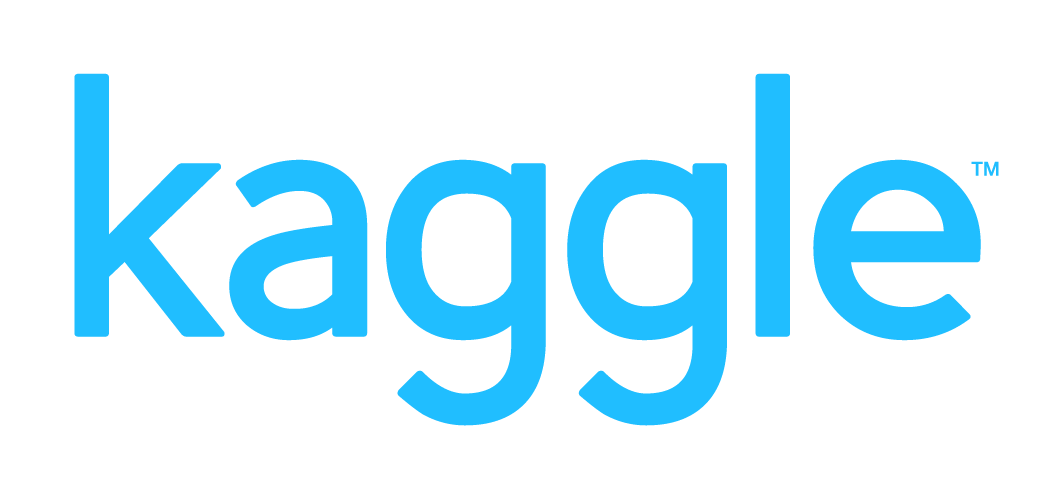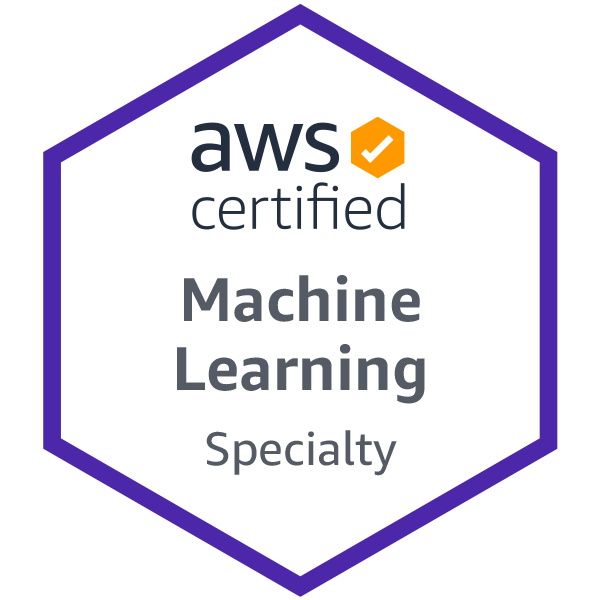What is the most effective way to learn Machine Learning
Introduction

Before you start reading this post, I’d like to offer a disclaimer: I’m not an expert in this field. I’m here to share my learning journey with the hope that it might help others embarking on this fascinating and sometimes daunting path.
About five years ago, I set out to learn machine learning on my own. At the time, like many others, I was intrigued by buzzwords like Machine learning and Data Science. I wanted to explore something new, something beyond my daily work routine as a software engineer. However, I had no prior experience in the field of machine learning, which left me wondering if this path was right for me. To kickstart my journey, I enrolled in online courses, taking a few from platforms like Udemy and Coursera. These courses equipped me with the fundamentals, giving me the initial confidence that I could venture into this exciting domain.
Online Courses and Kaggle
After traversing multiple online courses for a couple of months, I found myself growing weary. Many of these courses were lengthy and laden with theoretical content. This is when I stumbled upon Kaggle, and my journey took an exciting turn. I decided to give it a try and started with the very basic Housing Price competition. As I worked through the competition, I not only reviewed other participants’ notebooks but also created my own. To my surprise, my submissions garnered praise and recognition. Although the problem statement was rather straightforward, it boosted my confidence significantly. I was able to apply theoretical knowledge, such as regression analysis, to real data, make predictions, and evaluate their accuracy in the context of predicting housing prices.

As I continued to tackle various problems and competitions, while also learning from the work of others, my skills improved. I developed a structured approach to solving machine learning problems, honed my analytical thinking, experimented with diverse strategies, and learned to adapt to evolving circumstances.
If anyone is interested in to kind of beginner’s competition I have participated in and the notebooks I have created, they can refer to my profile.
Real-World Projects
After a few months on Kaggle, I began searching for real-world use cases that organizations and companies were trying to address using machine learning. I approached my manager with this idea, and after an initial discussion, he provided me with several problem statements to investigate. This was during a time when organizations were keen on harnessing machine learning to enhance their existing workflows. I decided to work on a Regression Test Case Selection by Machine Learning proof of concept (POC). This experience taught me how to handle data effectively and how a machine-learning solution could translate into a practical business solution. It also bolstered my credibility in handling machine learning problems from the ground up. Engaging with real-world use cases can significantly enhance your learning journey. However, compelling projects may not always be readily available. In such instances, I stumbled upon the Project Pro Repository, which I found to be highly efficient. It offers a wide range of projects suitable for beginners to intermediates.
Certificates and Blogging

After the successful completion of the POC, I found myself taking on side projects and other POCs at my workplace. These experiences were invaluable for gaining a better understanding of data handling and how to approach various problem statements. However, my learning remained somewhat unstructured. I knew many concepts but lacked a cohesive framework. At this point, while working with AWS cloud services, I decided to pursue the AWS Machine Learning Specialist Cloud Certification. Preparing for this certification not only introduced me to new concepts in a structured manner but also enhanced my understanding of machine learning-related cloud services. In my current role, where I routinely deploy machine learning models and pipelines in the AWS cloud, this certification has served as the fundamental building block for my work.
If anyone is interested in preparing for this certification, they can refer to this blog for a detailed summary of my preparation.

In addition to all this, I made a conscious effort to document my work and share my experiences through blogging. Writing about your work can be challenging, and in my opinion, if you can explain a concept most thoroughly, it signifies a deep understanding. Initially, I contributed to various publications on Medium, but I eventually launched my blog site, blogsbykush to maintain accountability and share my learning in the most straightforward manner possible.
Last Word
As you can see, I’ve tried a multitude of approaches, and I’m continually exploring new avenues for learning. While the learning journey may vary from one individual to another, experimentation remains a key aspect of mastering any new field. Engaging in projects, POCs, and hackathons is invaluable compared to relying solely on theoretical knowledge and online courses. Resources like Kaggle, official POCs, project repositories (such as the one available here), and many others can provide tremendous support on your learning journey.
In conclusion, while I may not be an expert, my journey through machine learning has been rewarding. It’s been filled with experimentation, hands-on experiences, structured learning, and the joy of sharing knowledge. I hope my story encourages you to take the plunge into this dynamic field and embrace the most effective way to learn machine learning - through practice and application.


Leave a comment